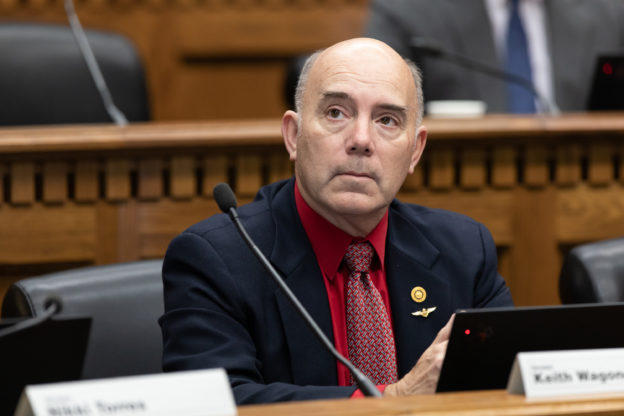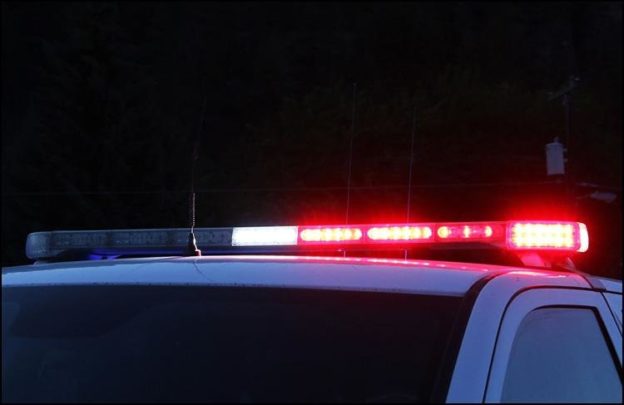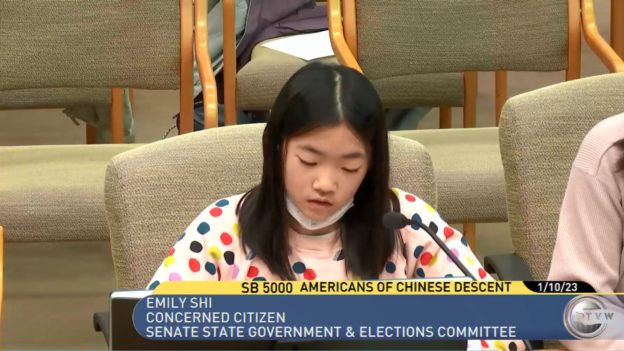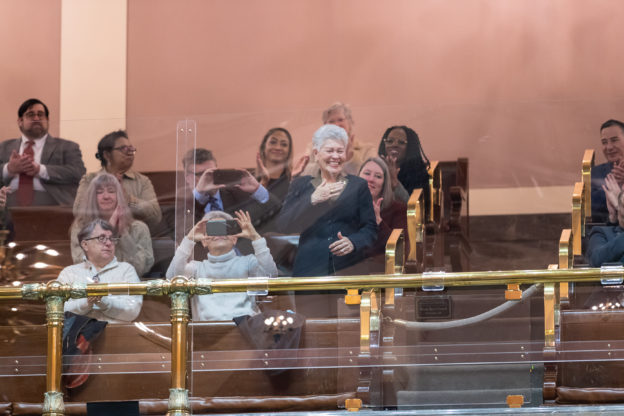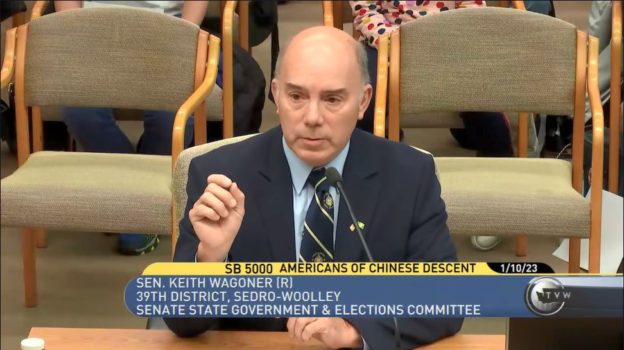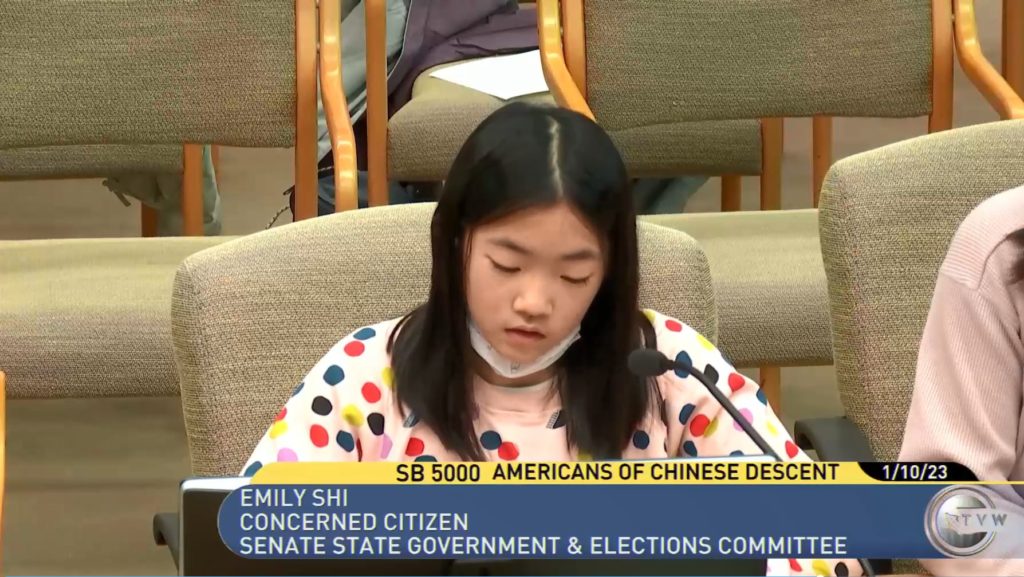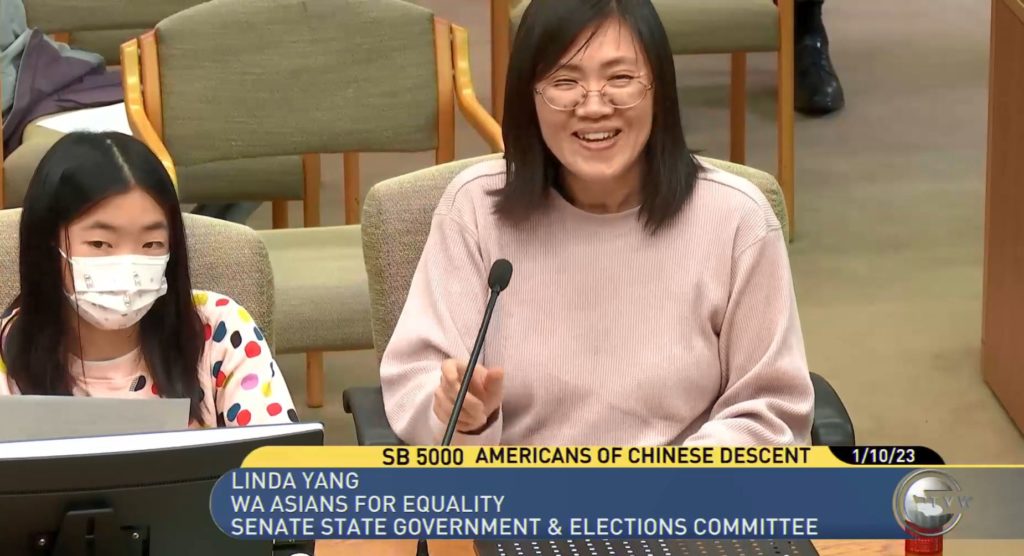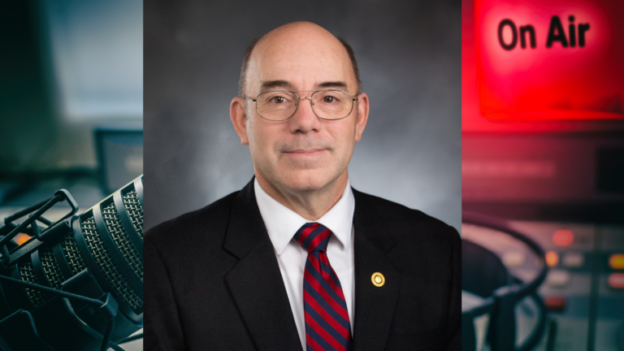On Thursday, the Senate Agriculture, Water, Natural Resources and Parks Committee voted to advance legislation from Sen. Keith Wagoner that would give counties another opportunity to participate in the state’s Voluntary Stewardship Program.
The program offers an alternative approach for protecting critical areas on lands where agricultural uses exist.
The Voluntary Stewardship Program is available in 27 of Washington’s 39 counties. Wagoner’s proposal would remove the 2012 deadline in state law for counties to take part, opening up the program statewide. The measure would also allow any counties joining the program to access funding, if available.
“We have a difficult balance to reach,” said Wagoner, R-Sedro-Woolley. “We have to preserve critical habitats, while also preserving our farmlands.
“This bill is about bringing back an idea that has already proven to be successful and opening it up to counties that missed their opportunity to utilize this program originally.
“I have seen voluntary stewardship programs work. If you go to Skagit County and look along the Skagit River, you will see the results of a voluntary stewardship program. Voluntary programs, where we work together with conservation districts, property owners, environmental groups and the tribes, produce better results than when we try to mandate a single solution on all property owners. Skagit County is proof of that.”
Under Senate Bill 5353, the long-ago deadline to join the VSP would be removed from state law, and new counties that choose to join would be made eligible for a share of the implementation funding provided by the state. Implementation in a particular watershed would be dependent upon adequate funding, with that determination being made by the state Conservation Commission every two years.
Testifying on the bill at a hearing last month, Paul Jewell with the Washington State Association of Counties praised the program’s track record of success.
“The program has only been in place for six years. The first 27 adopters went through their 5-year check-in last year, and every plan was approved as meeting objectives,” Jewell told the Senate Agriculture, Water, Natural Resources and Parks Committee.
“[The VSP] was always intended to foster cooperation between rural landowners, rural agricultural land users, environmentalists, tribes, and regulators. It is exactly the type of program that we should support and encourage. …We should absolutely allow more counties and the farming industries in those counties to take advantage of this program.”
Wagoner’s approach is viewed favorably by the agriculture community and is considered preferable to one being offered by Democrat leaders in the House. That approach, House Bill 1215, would create and dedicate massive resources to a new grant program focusing on riparian restoration.
“Many farmers are worried that – if implemented in its current form – the House bill could have a devastating impact on the availability of usable agricultural lands, similar to last year’s proposed Lorraine Loomis Act,” said Wagoner. “That unsuccessful approach would have included an unnecessarily large bureaucracy and stringent mandates, eliminating hundreds of thousands of acres of farmland and possibly putting some farmers out of business.
“The approach in our bill is about preserving critical lands through a less bureaucratic and more flexible voluntary stewardship program that is already getting the job done everywhere it has been permitted.”
SB 5353 now heads to the Rules Committee, the last stop before a potential vote by the full Senate.











